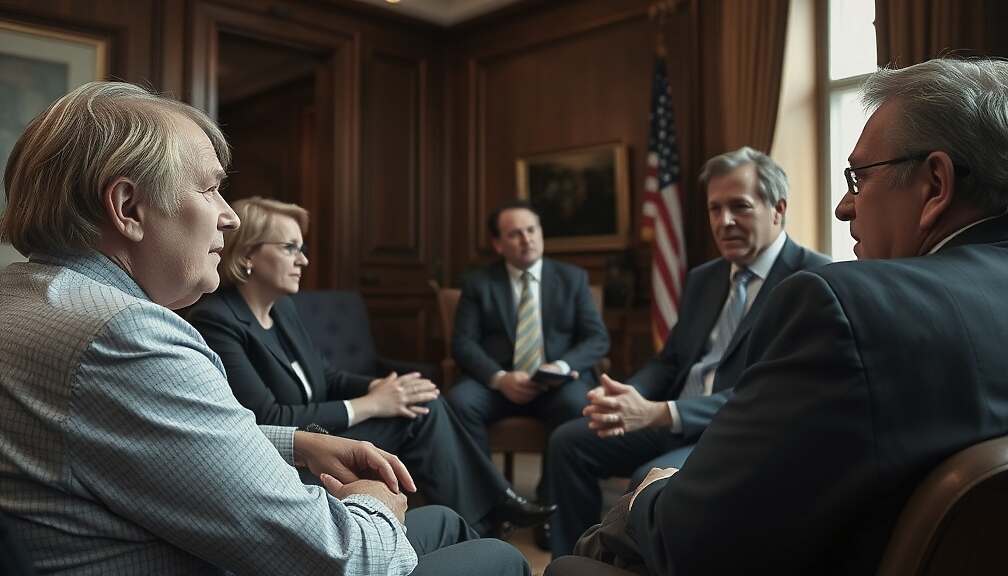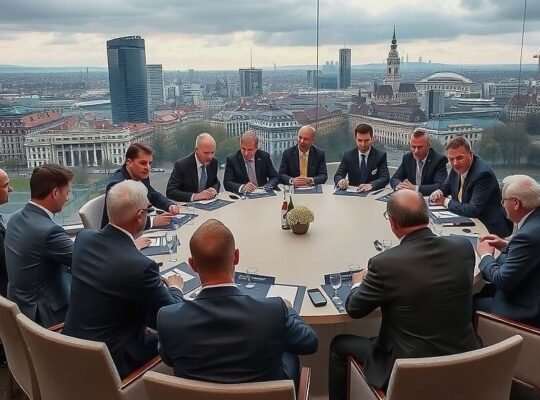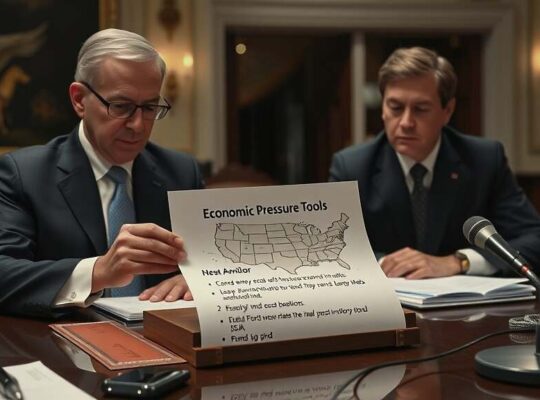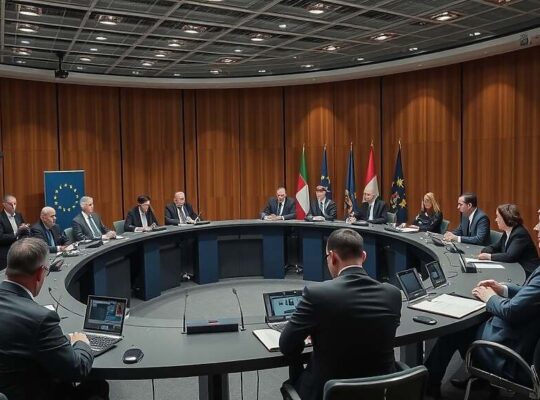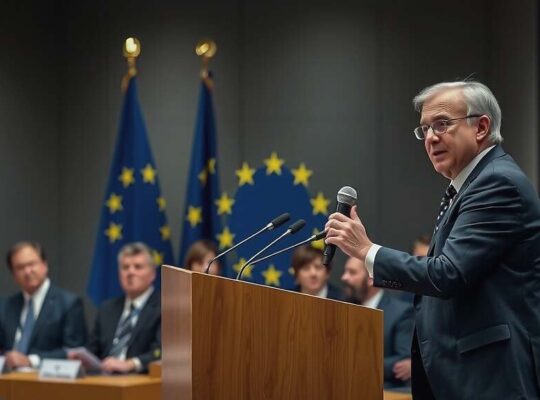The EU’s recent summit has ignited a fierce political backlash, with leading figures accusing Chancellor Friedrich Merz and his Christian Democratic Union (CDU) of undermining crucial climate protection policies. Felix Banaszak, co-leader of the Green Party, launched a scathing critique, alleging that Merz’s approach represents a dangerous shift towards inaction and a dilution of Europe’s ambitions.
Banaszak’s criticism centers on the summit’s deliberations regarding the expansion of the EU’s emissions trading system to encompass heating and transport sectors – a move now facing significant questioning by member states, including the German government under Merz’s leadership. He accuses the CDU of prioritizing deregulation under the guise of reducing bureaucracy, effectively eroding Europe’s climate objectives.
“Instead of shaping the European course, Merz adheres to the principle of postponement and non-commitment” Banaszak stated in an interview with ntv. He argues that the CDU’s stance challenges core EU instruments, from emissions trading to efficiency standards and the advancement of electric mobility, effectively sabotaging the success of the energy transition and jeopardizing Germany’s energy security.
The Green Party leader went further, warning that Germany’s actions risk sacrificing Europe’s competitive edge in emerging technologies. He suggests that Merz’s perceived economic policy failures are actively hindering Germany’s influence in Brussels and leaving the EU unprepared for critical international climate negotiations such as the upcoming COP conference.
“The innovation-hostile course being pursued is deeply detrimental to the multitude of companies already investing in the technologies of the future” Banaszak added, implying that Germany is losing ground in a global race to develop sustainable solutions. The escalation of this political dispute raises serious questions about the direction of German and European climate policy and the potential ramifications for the EU’s ability to meet its environmental goals.


